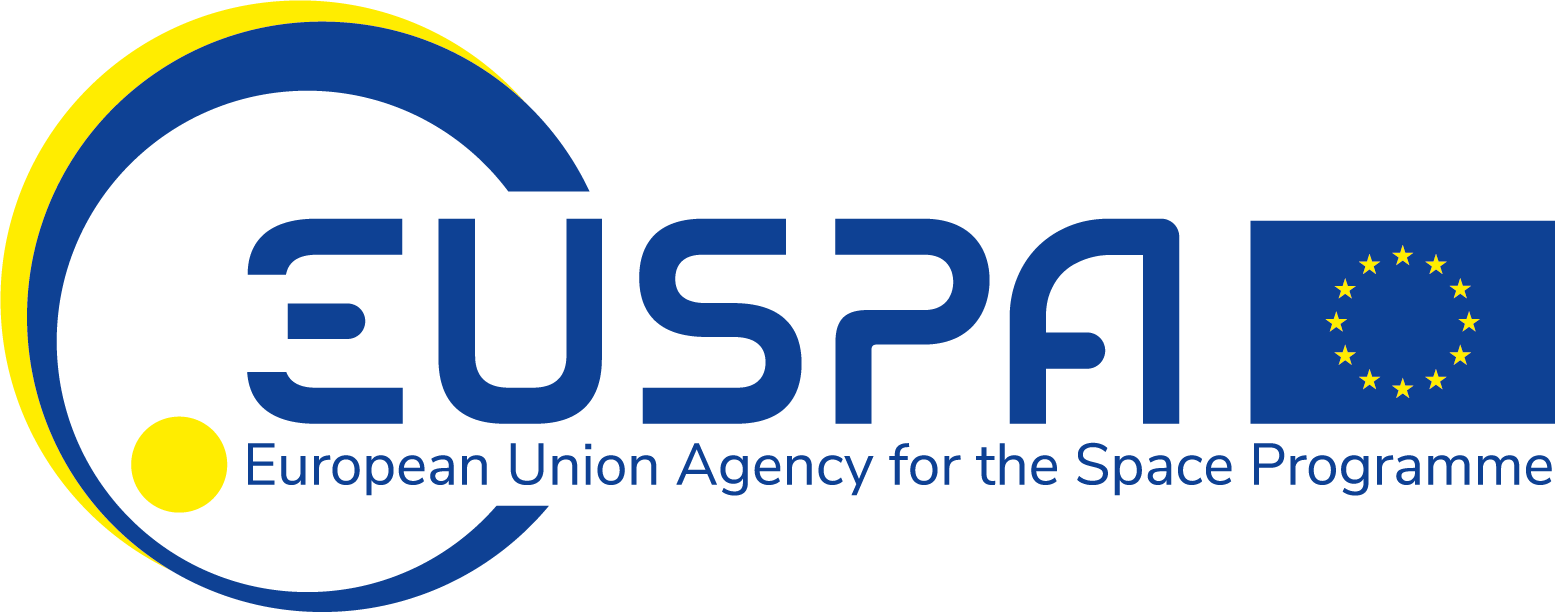Harnessing EU Space data to transform public transport
The European Union Agency for the Space Programme (EUSPA) has recently released a publication to raise awareness about the transformative potential of EU Space data in creating smarter, more sustainable public transport solutions. The publication highlights the JULIA Project as a leading example of how EU Space Programme services can enhance public transport, making it smarter, cleaner, and more efficient. JULIA plays a crucial role in connecting Galileo and Copernicus to public transport, showing how space-based data can make these systems more reliable, safer, and sustainable.
Galileo, Europe’s Global Navigation Satellite System, provides high-precision location data critical for public transport management. Its reliable and accurate positioning data allows Public Transport Operators (PTO) to anticipate traffic congestion, optimise route planning, and more efficiently match travellers needs with available buses under Demand Responsive Transport (DRT) schemes like in JULIA, ultimately reducing travel times, fuel consumption, and emissions. Using Multi-Constellation and Multi-Frequency (MCMF) GNSS data is a no-brainer for PTOs, with GNSS receivers that leverage signals from Galileo and other constellations being widely available in the market.
Copernicus, the EU’s Earth Observation programme, can help estimate air quality in urban areas, helping transport authorities monitor and respond to climate factors. Copernicus-backed air quality data can significantly contribute to tackle urban air pollution by promoting healthier mobility strategies.
For a deeper look into the benefits of EU space services for the transport sector, explore the video from EUSPA, which highlights how Galileo, EGNOS, Copernicus and other EU Space Programme services are reshaping areas such as traffic management, freight and logistics, rail transport, and inland navigation.
The JULIA Project: Bridging space technology and public transport
The JULIA Project exemplifies the transformative impact of EU space services on public transport. As highlighted in EUSPA’s publication, JULIA acts as a vital link between EUSPA’s advanced services and the public transport sector. By raising awareness and educating key stakeholders, the project demonstrates the practical benefits of utilising Galileo and Copernicus data in daily operations.
JULIA helps transport providers recognise the value of enhanced navigation capabilities and promotes initiatives for cleaner air through Copernicus data, illustrating the tangible advantages of space data in public transport.
The project is developing ten innovative applications that harness Galileo’s advanced features, such as High Accuracy Service (HAS) and Open Service Navigation Message Authentication (OSNMA). By encouraging stakeholders to adopt and integrate these services, JULIA showcases how EUSPA’s tools can streamline transport management, support traffic mitigation, and contribute to a healthier environment.
Ultimately, JULIA not only drives innovation but also educates decision-makers on leveraging space technology for public transport, leading to increased efficiency, enhanced safety, and greater environmental sustainability. Through these efforts, JULIA fosters the uptake of EU space services and data, paving the way for a more integrated and efficient public transport system.



